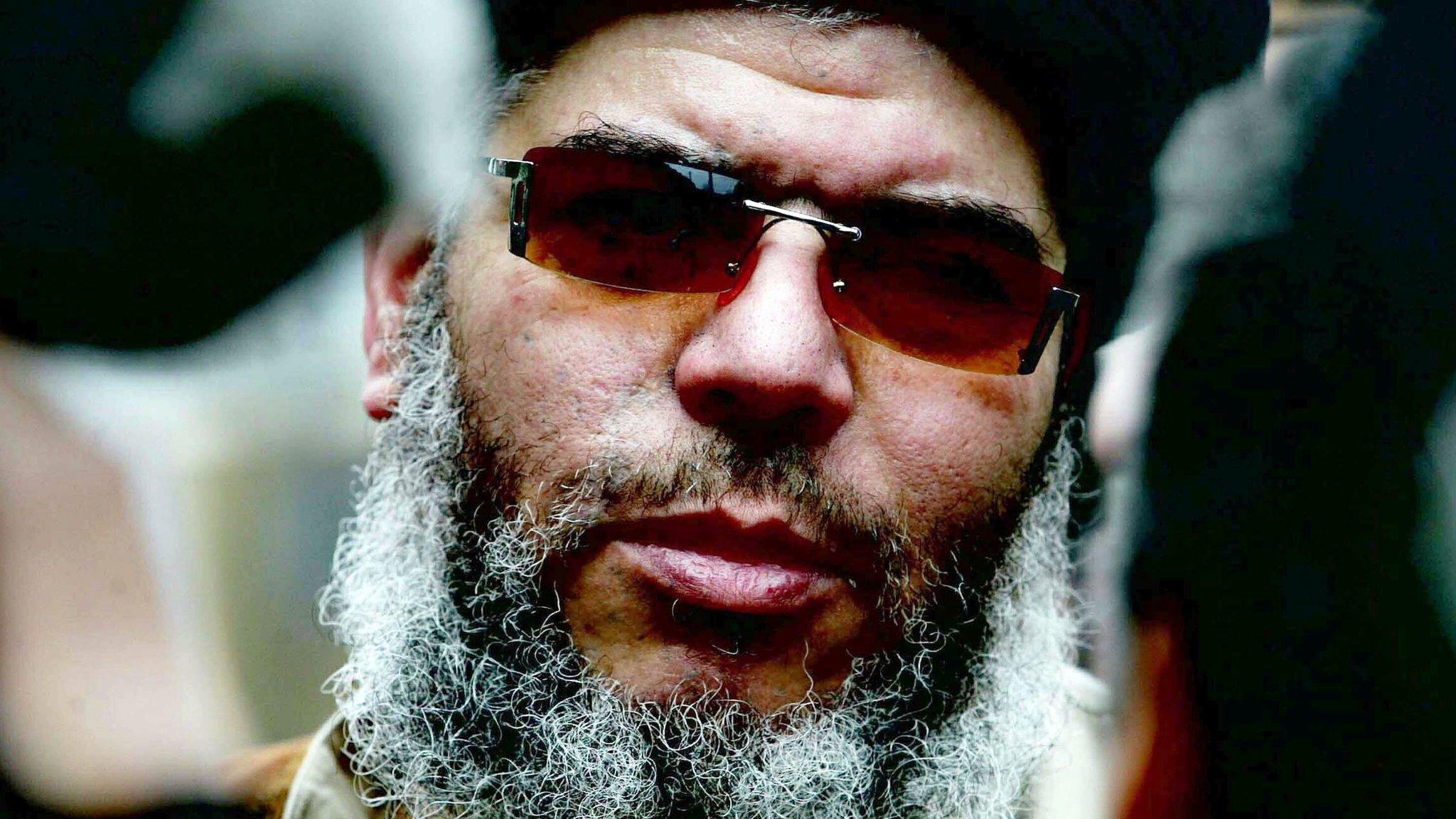UK Hamza victim recalls Yemen kidnap horror
- Published
Laurence Whitehouse's wife, Margaret, was killed when they were both kidnapped.
Abu Hamza has been sentenced to life in prison in the US for, among other charges, orchestrating the kidnapping of 16 tourists in Yemen in 1998.
One of his victims, Briton Laurence Whitehouse, recalls the terror of watching his wife's death during the botched rescue attempt.
"The other hostage said the Yemen army had given me the chance to shoot the person who'd killed my wife," Laurence Whitehouse recalled.
But in the heat of the moment he didn't understand what he was being offered. He only wanted to get back to his wife's body, which he had just loaded into a vehicle to be taken to hospital.
The pair were on holiday in Yemen with 14 other tourists who were interested in studying Arabic societies and cultures, when they were taken hostage.
Then they found themselves being used as human shields by their hostage takers as a gunfight broke out with the Yemeni army.
The man believed to be the mastermind behind the kidnappings is radical cleric Abu Hamza. In May 2014, a court in New York found him guilty of 11 counts of terrorism and kidnapping.
On the day they were kidnapped in December 1998, the group of British, Australian, and American tourists had just finished lunch and were travelling through the desert when their vehicles were stopped by gunmen. They were led to a nearby hideout, where an English-speaking militant told the group why they had been taken.
"It became clear that we were taken hostage to secure the release of prisoners," Mr Whitehouse remembered, "Those prisoners were largely British."
The prisoners the militants were hoping to get released included six men sent from Britain by Abu Hamza, including his son and stepson. They were arrested days before in Yemen for plotting attacks on targets that included the British consulate, a hotel, and a church.
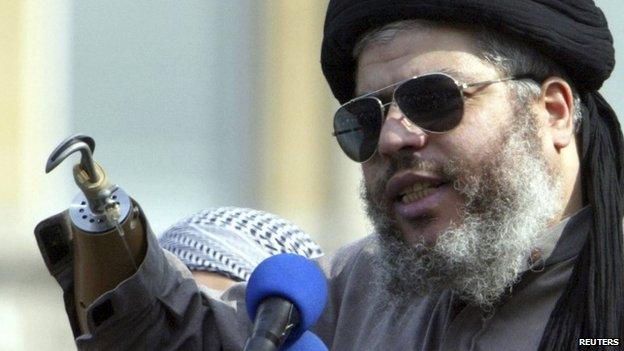
Hamza became a hate figure for British tabloid newspapers
On the morning of the second day of their captivity, the hostages were joking about whether their captors would provide them with a catered breakfast when gunshots rang out. The Yemeni Army was mounting a rescue operation.
The captors divided the tourists into two groups and led them away to separate locations, where they were then used as human shields. From their vantage point, the Whitehouse couple could see the heavily armed Yemini Army approaching.
Realising that they were out-gunned, the militants began a hurried retreat and it was at this point that one of the tourists, Australian Andrew Thirsk, was shot. Mrs Whitehouse laid over him and attempted to stop the bleeding.
"Then, the person who had taken us on the retreat almost certainly shot Margaret," said Mr Whitehouse, although there was confusion whether the army had shot her.
Mr Whitehouse repeatedly shrieked: "You shot my wife!"
Once on the scene, the army offered Mr Whitehouse the opportunity to shoot his wife's murderer.
In all, four people lost their lives during the failed rescue attempt.
Meanwhile, Hamza was 5,000 miles away in London, where he had developed a reputation for his violent messages of hatred which he delivered from his pulpit at the Finsbury Park mosque.
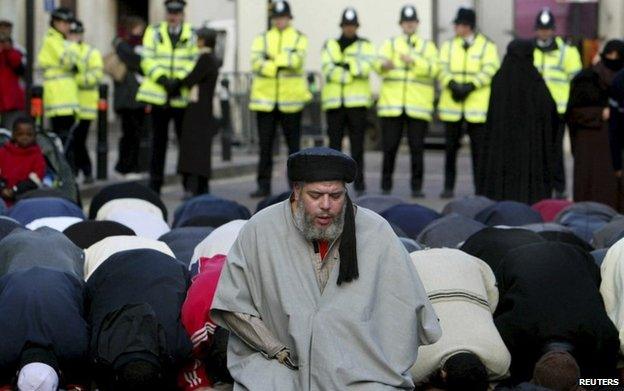
Hamza led worship outside a mosque in north London
"He's always preached that basically the only lives of people that are worth living are those basically associated with his version of Islam - which is an intolerant inhuman version of Islam," said Mr Whitehouse.
He says it's understandable that a father would want to secure the release of his sons from a Yemeni jail, but it's inexcusable to take hostages in order to do that.
For him justice has been a long, painful time coming.
"It is very frustrating that it has taken so long for the processes to come to any conclusion," he said.
"So much harm could have been prevented - both to the cause of Islam and to other people - if he had been tried on the kidnapping charges and the subsequent deaths in Yemen as early as 2004."
As Hamza languished in prison, Mr Whitehouse enjoyed the support of Margaret's family, which has allowed him to build a new life and remarry.
"We both recognise that life changes," he said. "These wounds left by Abu Hamza and the loss of my wife Margaret have gradually healed, but it has been a lingering sore over that period of time."
For Mr Whitehouse, justice for his slain wife has been long delayed but he is happy to see Hamza now serve a long sentence.
"I will always have great memories of my 26 years with Margaret, but I have now a new life and that whatever happens to Abu Hamza won't destroy it."
- Published19 May 2014
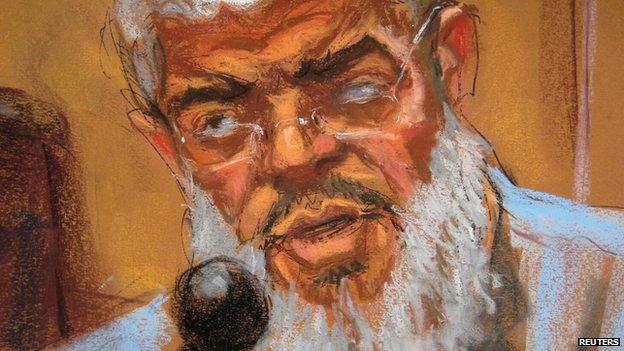
- Published5 October 2012
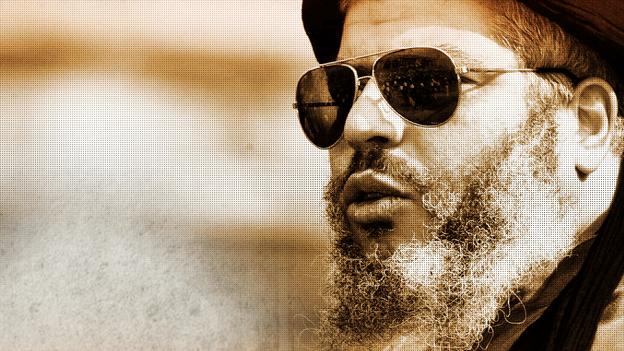
- Published9 January 2015
